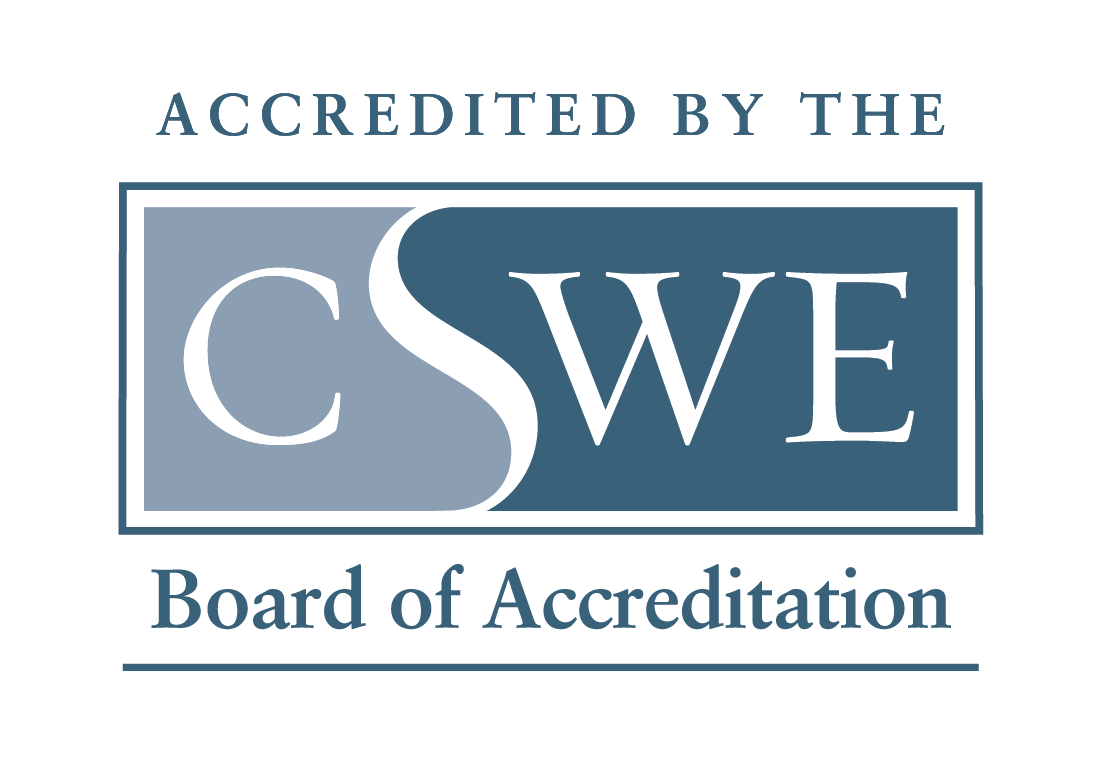Welcome to the Department of Social Work!
UMD social work graduates are prepared to work in a challenging and diverse field, addressing critical social problems and making a difference in people's lives.
The UMD Department of Social work has two fully accredited programs: the Bachelor of Social Work (BSW) and Master of Social Work (MSW). Both programs emphasize social justice and culturally responsive practice. Graduates leave with a broad base of skills that can be applied to a range of settings. Our alumni are community leaders, therapists, administrators, child welfare practitioners, and policy advocates.
Why choose a UMD social work program?
- We offer dedicated faculty, small class sizes, and student-centered learning.
- We teach culturally responsive social work practice.
- Our students have access to meaningful research opportunities as well as rich field and clinical experiences.
- Financial aid is available to many of our students. About 60% of UMD MSW students receive scholarships to help pay for their education.
We offer a cutting-edge curriculum and unique expertise.
- Our curriculum is informed by Indigenous perspectives. Our programs are among few in the country to emphasize social work practice with American Indians.
- The UMD Department of Social Work houses The Center for Regional and Tribal Child Welfare Studies (CRTCWS), which is recognized as a national leader in improving American Indian child welfare practice.
- Students interested in child welfare have the opportunity to learn from experts at CRTCWS and work with American Indian families.
We are part of a larger community.
The UMD Department of Social Work is integrally connected to the Twin Ports community. This translates to meaningful opportunities for our students and helps our graduates secure great local job opportunities.
Duluth is a great place to live!
The University of Minnesota Duluth overlooks Lake Superior, the largest freshwater lake in the world. Voted the "Best Outdoor Town in America" in 2014 by Outdoor Magazine, Duluth is the gateway to the north woods in an urban area of 86,000 people, with excellent recreational and cultural activities.
